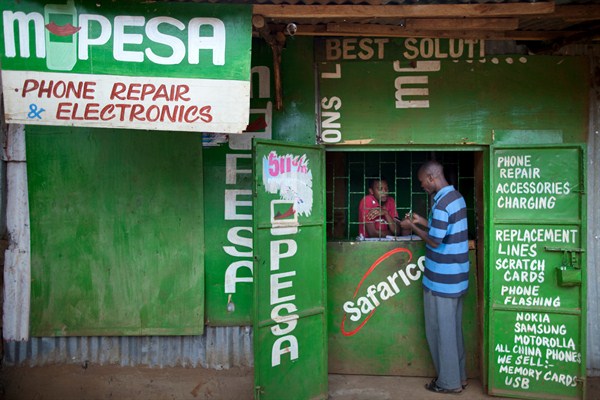Prolonged and contentious trade negotiations between the European Union and different regions of Africa have been put back into the spotlight in recent months. Despite negotiating Economic Partnership Agreements, or EPAs, with the EU, several key African states have failed to sign them. Britain’s referendum on leaving the EU last June has added an extra dimension of uncertainty to the situation.
This threatens to derail years of trade talks between Europe and Africa, which changed significantly with the signing of the Cotonou Agreement in 2000 between the EU and the African, Caribbean and Pacific Group of States, or ACP countries. Before that deal, African states had enjoyed unilateral trade preferences with the EU. Cotonou reflected a significant rethinking of this trade and aid dynamic. A World Trade Organization waiver that was secured until the end of 2007 enabled the EU and ACP countries time to negotiate a new WTO-compatible trade relationship governed by a series of interregional EPAs.
The EPA negotiations began way back in 2002 with what eventually became seven subregions within this broader group of countries. The EU’s vision for the EPAs reflected its belief in the ability of reciprocal free trade agreements and regional integration to boost African development. But across the continent, a number of business groups, civil society organizations and trade unions have challenged these assumptions and mounted a concerted campaign against the EPAs. Much of the concern within Africa toward these agreements has focused on the limiting impact EPAs will have on government policy. Drawing on lessons from East Asia, many African opponents of the trade deals believe that they will ensure a continuation of the historical pattern of dependent trade links between Africa and Europe. In so doing, they will both limit the potential for boosting trade within Africa, while also restricting the range of policy options available to support African industrialization.

